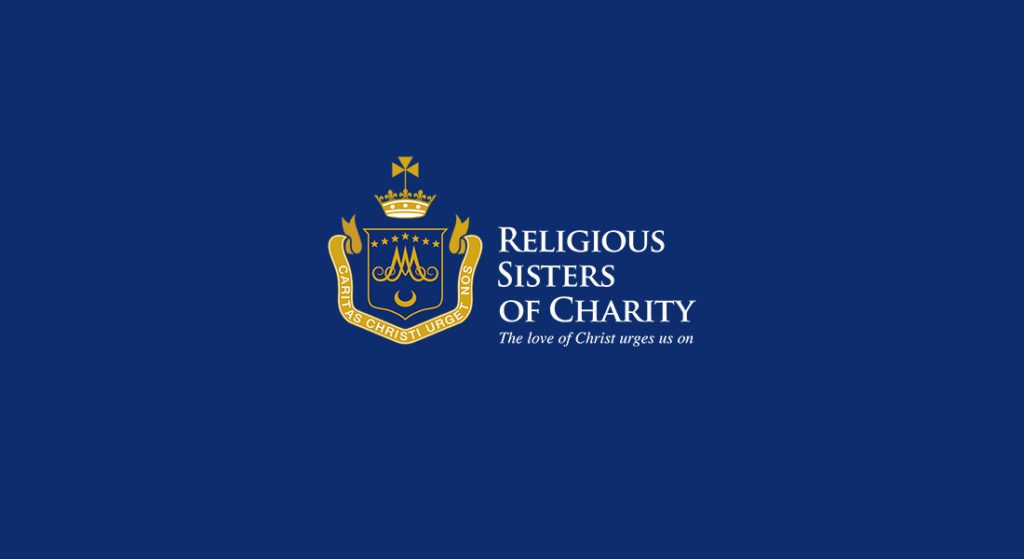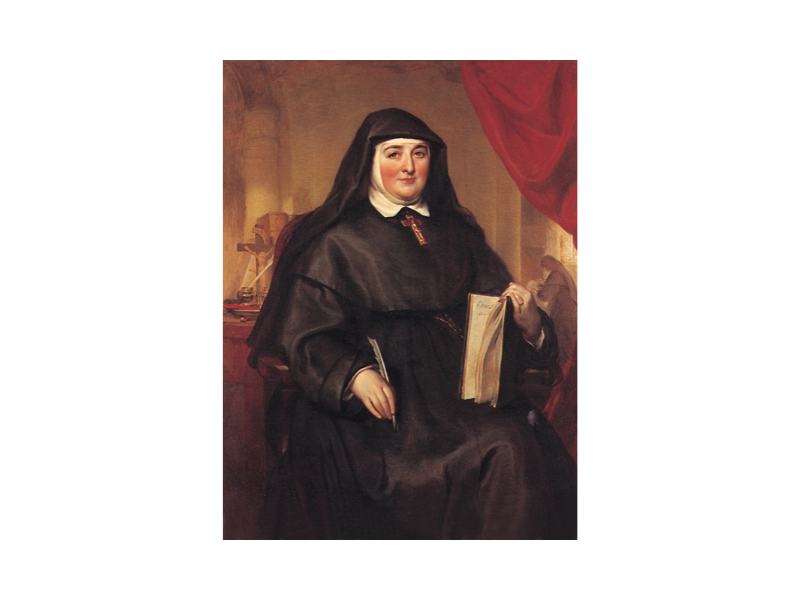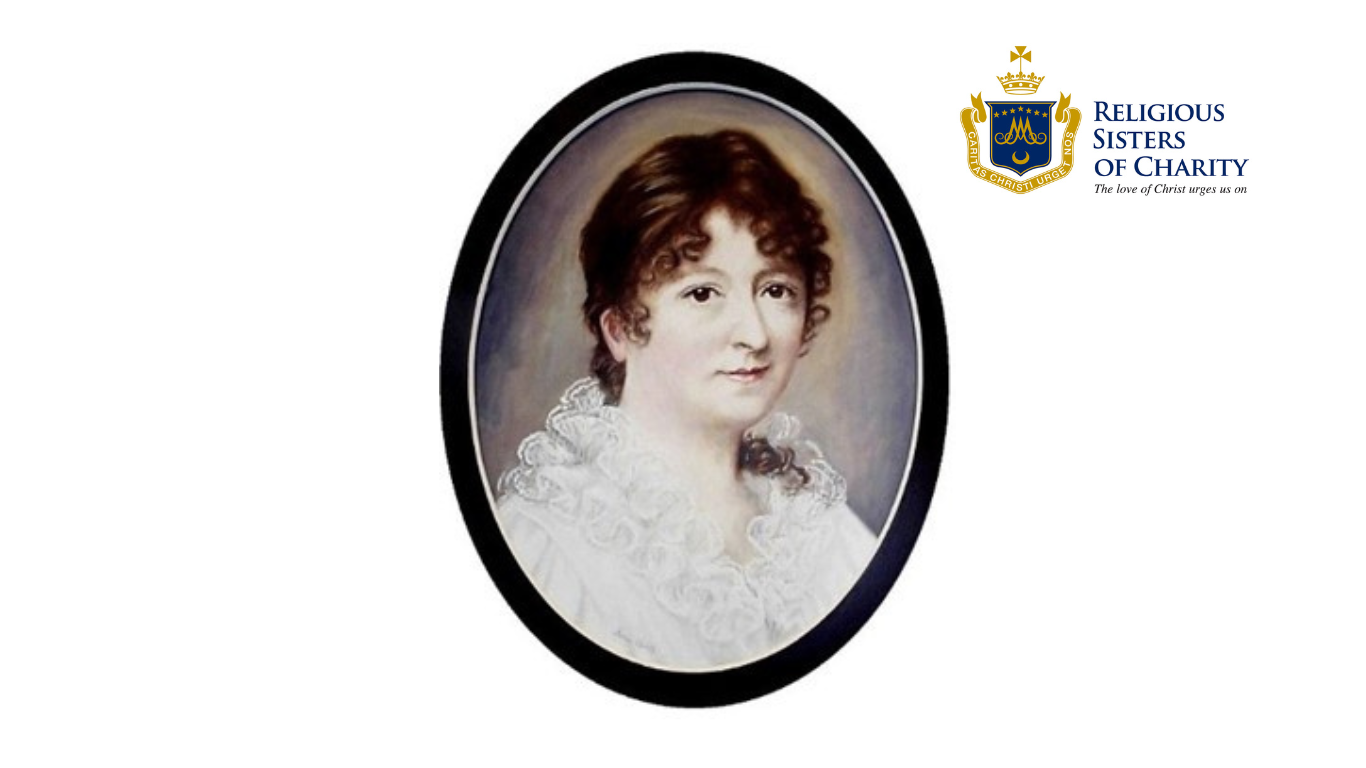
 Sr. Maryann Emealor RSC shares her experience of the recent Theology Week at the Catholic Institute of West Africa.
Sr. Maryann Emealor RSC shares her experience of the recent Theology Week at the Catholic Institute of West Africa.
The Catholic Institute of West Africa (CIWA), Port Harcourt, Nigeria, held the 24th Annual Theology week from 18 to 22 March, 2013, on the theme: The Year of Faith, Theology and Second Vatican Council in Retrospect. The theme was inspired by the fact that this year’s theology week falls within the year of faith called by Pope Benedict XVI to mark the fiftieth anniversary of the convening of the Second Vatican Council and twentieth anniversary of the Catechism of the Catholic Church. The weeklong conference significantly commenced just five days after the election of His Holiness, Pope Francis.
The personalities that enriched the conference included the president of the Catholic Bishops Conference of Nigeria, the Archbishop of Jos, Most Rev. Ignatius A. Kaigama; the Archbishop of Freetown, Sierra-Leone, Most Rev. Edward Charles; a number of Nigerian Bishops, many religious and temporal leaders. Issues challenging the faith within the African Continent were discussed in the light of the relevant documents of the Second Vatican Council.
At the conference, it was noted that theology has the peculiar responsibility of scrutinizing the faith in every epoch. We make our own the words of Pope John Paul II in his encyclical Fides et Ratio “As an understanding of Revelation, theology has always had to respond in different historical moments to the demands of different cultures in order then to mediate the content of faith to those cultures in a coherent and conceptually clear way” (Fides et Ratio, 92). In our own context, there is the challenge to re-examine theologically how the documents and teachings of the Council have influenced the faith and lives of African Christians and brought them to know the truth that sets them free (John 8:32)
The speakers pointed out that the Church in Africa is facing lots of challenges in the area of faith formation. These are evident in the combination of different systems of philosophical or religious belief or practice – ethno-centricism, increasing extra-marital arrangements, the replacement of the Good News of Jesus Christ with prosperity gospel; emphasis on a cross-less Christianity, shallowness in the knowledge and practice of the faith, excessive sentimentalism often occasioned by poverty and ignorance, aberrations in the celebration of the Eucharist and the abuses of sacraments. They also identified the challenges in modern society which include the negative use of the new information and communication technology, secularist activities of the media and religious violence that is threatening the future of the faith in the sub-region. As a result of these challenges, the conference called on all ecclesial bodies in Africa to take the task of inculturation more seriously as this is the surest way of implanting the faith solidly on African soil.







